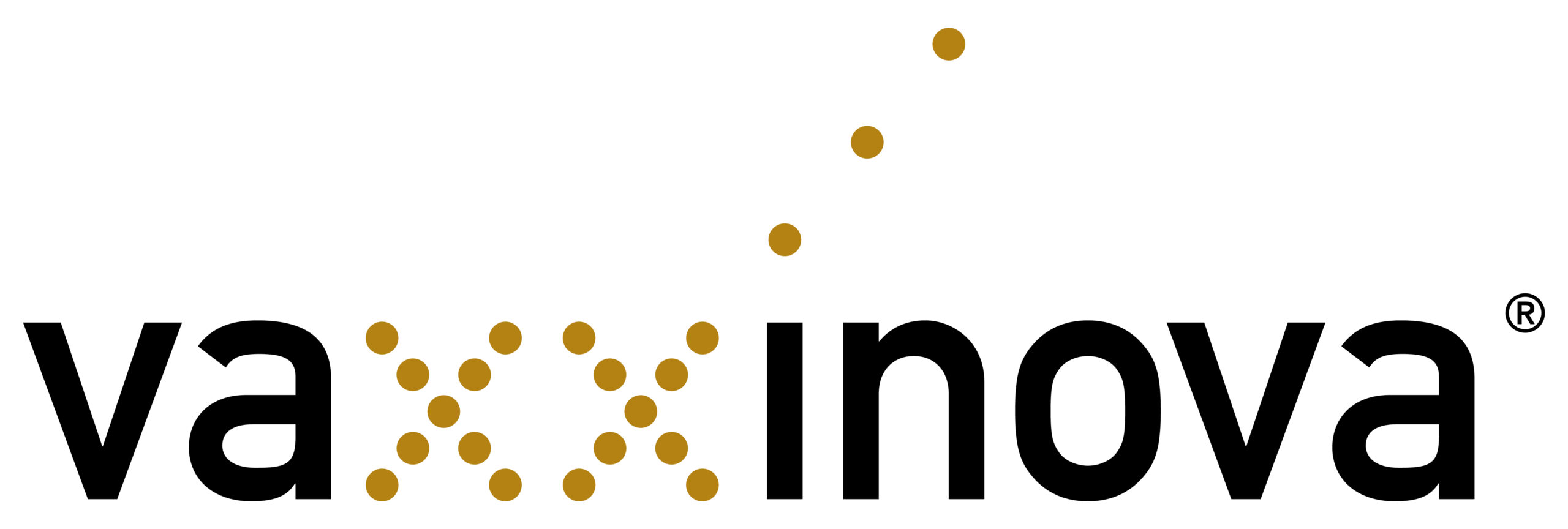Poultry samples in FTA cards
Why collect samples in FTA cards?
FTA (Flinders Technology Associates) cards are convenient for multiple applications of the same specimen or collection of multiple animals on one card (1).
FTA cards contain chemicals that lyse cells, denature proteins and protect nucleic acids from nucleases, oxidation and UV damage.
Important remark, FTA cards rapidly inactivate organisms and prevent the growth of bacteria and other microorganisms (1). Cell membranes and organelles are lysed and the released nucleic acids are entrapped in the fibers of the matrix. The nucleic acids remain immobilized and are preserved for transport, immediate processing or long-term room temperature storage (1).
FTA cards can be used with virtually any sample type (1):
- Blood
- Cultured cells
- Buccal cells
- Plasmids
- Solid tissue
Since captured nucleic acids are preserved, FTA cards facilitate sample collection in remote locations and simplify sample transport (1).
The main benefits of using FTA cards are (2):
- No risk for spreading infectious agents due to the chemicals included
- No import permit is needed
- Transportation at room temperature
- Submitting samples via regular mail
- Low transportation costs; sampling and pre-treatment collection, shipment and storage of biological samples when using FTA cards is very convenient.
Samples on FTA cards can only be tested with molecular diagnostic methods like PCR and sequencing. FTA cards cannot be used to culture bacteria or viruses.
Advantages (3):
- Simple collection: instruments free, convenient collection in the lab or the field, can be done by everyone
- Excellent for quick surveys
- Can be used also in the lab
- Room temperature storage: nucleic acids are automatically stabilized
without the need for refrigeration - Easy transportation to ANY lab ANYWHERE
Disadvantages (3):
- Incorrect sampling may lead to false negatives/positives
- Qualitative only
- Indicates presence of a certain pathogen, not necessarily the one causing the problem
- Can be used to establish diagnosis WITH other means like serology, clinical signs
How to collect samples on the FTA Cards?
- Sample based on clinical signs and DD list, there must be preliminary work and thinking before you sample (3)
- Flock history, clinical signs, pathological signs and serology work should lead you (3)
- Timing– very important since some pathogens disappear fast and may be hard to be found after a few days PI. (e.g. IB) (3)
- Organ – If you think it is ORT there is no point in sampling intestinal content (3)
- Last but not least – if you narrow the possibilities you also pay less…(3)
Method
- Always wear gloves when handling the FTA cards to avoid contamination (2)
- Please label each FTA card with a card identification (2)
- To obtain sufficient material for testing, put a few drops of blood onto the FTA card or press the inside of cut slice of the tissue or the swab firmly onto the FTA card. Where material is present on the FTA card, the color indicator in the card will turn from pink to white (2)


- Allow the samples to dry at room temperature and normal humidity. Store unused cards in a dry and cool place (2).
- FTA cards can be submitted by regular mail.
- Put in an envelope and KEEP RECORDS.

FAdV SAMPLING
Samples to be collected on FTA Cards and organs to be frozen*:
- Liver
- Pancreas
- Trachea
- Caecal Toncil
* keep the organs frozen, till received and the results have been discussed.

Shipment:
Please contact your Vaxxinova Regional Technical Manager and always follow instructions of the relevant lab processing the samples.
Bibliography / Pictures
(2) https://www.gdanimalhealth.com/fta
(3)Ludio Gomes – Technical Manager Asia – Vaxxinova International B.V
Legal Information:
FTA is a registered trademark of Cytiva
Whatman is a registered trademark of Cytiva
